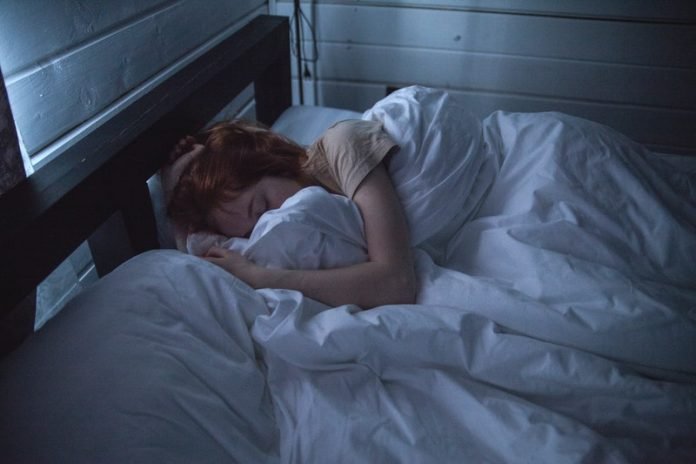
The uncertainty and fear associated with the COVID-19 virus is causing many Americans to have difficulty falling asleep and staying asleep, and yet a good night’s sleep has never been more important.
“Now more than ever, we need to get good sleep,” said Loyola Medicine pulmonologist Amy Guralnick, MD. “Sleep can help our immune system function at its best.
Getting a good night’s sleep also helps us to think clearly and to problem-solve better.
Additionally, having adequate sleep helps our mental health, as a lack of sleep is linked with depression, anxiety and other mental health conditions.”
In a new Loyola Medicine video, “COVID-19: Tips for Getting Good Sleep,” Dr. Guralnick highlights important behaviors and considerations to help ensure a consistent good night’s sleep.
Set a sleep schedule and follow a routine. “Having a daily, fixed wake up time is the most important part of the schedule,” says Dr. Guralnick.
Wind down before bed without technology. In the hours leading up to bedtime, try to avoid viewing any technology with a backlight, “like a phone, a tablet or a computer.
Your brain thinks that the light coming from those is daylight and it will suppress the release of a hormone called melatonin which helps put you to sleep.”
Consider keeping a “worry journal.” “If you suffer from stress or anxiety consider keeping a worry journal where can write down your daily concerns,” and then set it aside before bedtime.
Keep the bed only for sleep and intimacy. “The bed is not for eating or working or reading or pretty much anything else,” says Dr. Guralnick.
If you can’t fall asleep within 20 minutes, get up. “Do something boring, “like a Sudoku, or light reading with a low light. Go back to bed only when you are sleepy, not just bored.”
Avoid napping. Napping “eats up your 24-hour sleep requirement. If you have to nap, do it early in the day and for no more than 20 minutes.”
“Try and stay physically active. It will help your body feel tired and help you fall asleep.”
Avoid caffeine and alcohol. Both can make it difficult to fall asleep. “Even chocolate and orange soda have caffeine,” says Dr. Guralnick. “And alcohol can also “fragment” sleep, so try to avoid drinking alcohol before bedtime.”
To make an in-person or telehealth appointment with a sleep specialist, or for more information, contact Loyola Medicine at 888-584-7888 or visit loyolamedicine.org.



